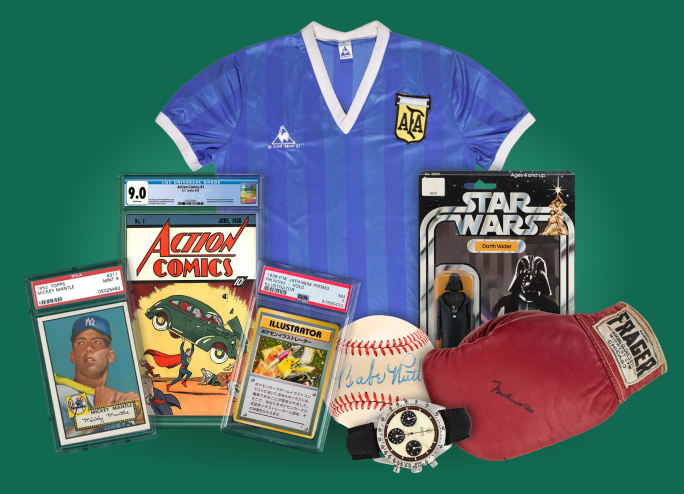
In Collectors MD
collectorsmd
1 d
Daily Reflection: Same Rush, Different Wrapper
Published May 26, 2025 | By Alyx E, Founder of Collectors MD
A lot of people assume that pivoting from gambling to trading cards is a step in the right direction.
And on the surface, it feels that way. You’re not sitting in a casino—or glued to a digital one on your phone. You’re not placing bets. You’re buying cards—tangible items you can hold, trade, cherish.
It feels like progress. But here’s the truth: for those of us with addictive or obsessive tendencies, that shift isn’t always recovery. Sometimes, it’s just a more socially acceptable disguise for the same compulsion.
After I hit my wall with gambling—after the losses, the shame, the spiral—I did what I thought was the responsible thing—what they kept instructing me to do in GA meetings: I self-excluded from online platforms in multiple states. I told myself I was finally done. That I was regaining control.
But I didn’t find sports cards after I quit gambling. I simply redirected all of my attention and energy into them.
What I didn’t realize at the time was that gambling had actually fueled my sports card addiction.
Ripping packs, chasing hits in breaks and personals, buying singles—it all delivered the same dopamine spike, the same financial risk, the same adrenaline-fueled high. That jolt of excitement when you land a “chaser” team in a randomizer. That same emptiness when you swing and miss on a break.
That same rush. That same regret. Just a different wrapper.
I didn’t fully see it then. It looked different. It felt different. More productive, perhaps. More nostalgic. Easier to justify as an actual hobby.
Or maybe… I did see it. But I buried the truth under stacks of slabs and endless rationalizations—because facing it meant admitting I hadn’t escaped the addiction at all.
I had just repackaged it. And in many ways, it became even more compulsive.
I told myself I’d quit gambling—but I hadn’t quit the behavior. I had simply shifted it. Still chasing. Still numbing. Still trapped in the same cycle of impulsive decisions and burning hard-earned money on big hopes that almost always gave way to guilt and regret.
Only now, it came dressed in shiny cardboard and overnight mailers instead of betting slips and balance screens. My regular breakers texted me just as often—if not more—than the VIP hosts at the casinos, luring me in with discounts, tabs, and that same manipulative familiarity.
And in some ways? It was even more dangerous. Because this time, the chase was wrapped in something personal. In nostalgia. In childhood heroes. In identity.
Owning a piece of that made it easier to justify—and harder to walk away from.
And unlike gambling, you can’t self-exclude from the hobby. There are no cool-off tools. No spending limits. No guardrails. Because the powers in charge refuse to acknowledge what the hobby has become. Glorified gambling.
That’s why recovery isn’t just about quitting the obvious vice. It’s about recognizing the pattern beneath the surface—and being brutally honest about where it’s hiding now.
Because compulsion doesn’t care what form it takes. Whether it’s blackjack or Bowman—if it’s consuming you, it’s still a cycle.
So if you’ve convinced yourself you’ve moved on, ask yourself this: Are you really recovering—or just rebranding your addiction?
#CollectorsMD
Healing starts when we stop romanticizing the behavior—and start unpacking the need behind it.
—
Follow us on Instagram: @collectorsmd
Subscribe to our Newsletter & Support Group
Join The Conversation On Mantel
Read More Daily Reflections


